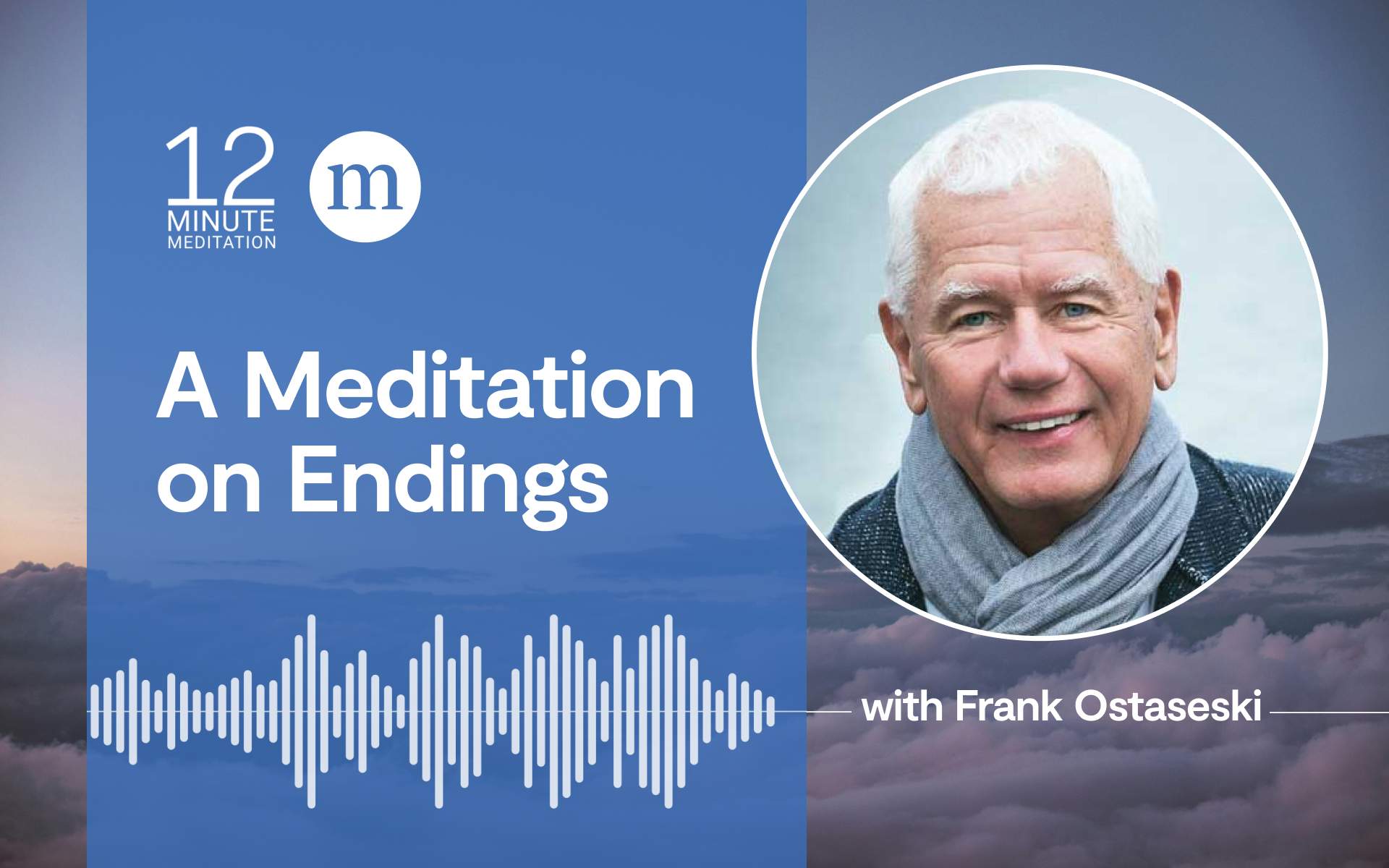There’s really nothing like the power of a big supportive hug. The body reads a sense of caring in the human touch. When we’re hugged we sense that on a deep level, we are not alone. In fact, the effects of a hug on our brain provide a natural antidepressant. In some ways it’s a shame that, in relationships with healing professionals, hugging is often advised against. There are so many wonderful stories where hugging has been a healing modality.
The Science and Practice of a Hug
In one study published in Nature Communications, researchers injected the hormone oxytocin in older mice with muscle damage. After nine days, the older mice healed faster than the younger, more strapping, mice. These older mice could repair muscle damage up to 80% better than the younger mice.
There is real biological power in the simple act of a hug. It can melt away the stress from a day. It can lend itself to repairing emotional wounds.
A hug has the power to release oxytocin, which sets us up to feel more balanced and soothed the moment we do it. It can strengthen relationships and lend itself toward forgiveness. If you give a hug to another person until both bodies relax, it also allows you to feel more connected, as now your nervous systems are aligned.
A hug has the power to release oxytocin, which sets us up to feel more balanced and soothed the moment we do it.
Try: At some point throughout the day, see if there’s someone you can hug. This can be a friend, your partner, a child, or even a pet. Bring mindfulness to it: Be aware of the sensation of the hug, what emotions are present, and what thoughts arise.
If you prefer not to hug, or you don’t have a person that you feel comfortable hugging, all is not lost. Studies show that imagining actions can stimulate the same parts of the brain as actually doing them. Imagine hugging or showing friendly affection to another person, hug yourself, or perhaps set the intention to hug others (when appropriate) more often.
The point here is to practice nurturing the release of this natural antidepressant. You likely know the power of a good hug already, but test it out and see what you notice!









